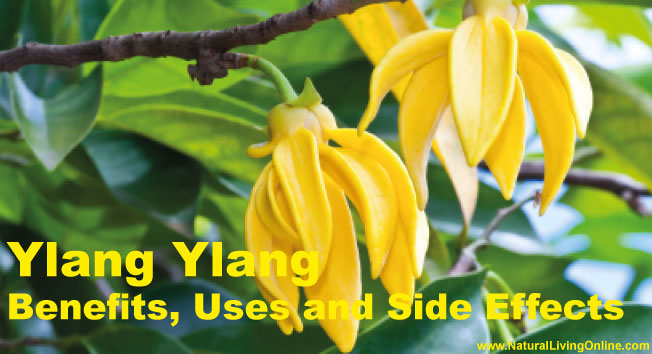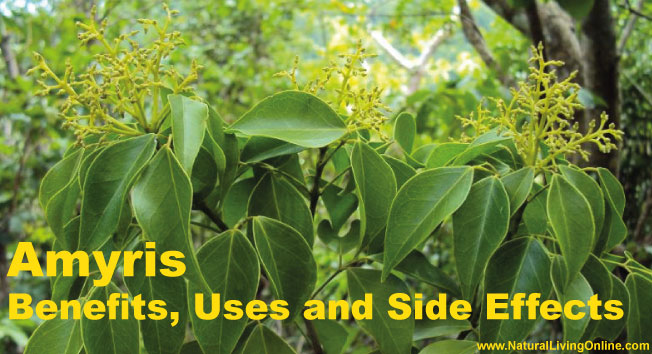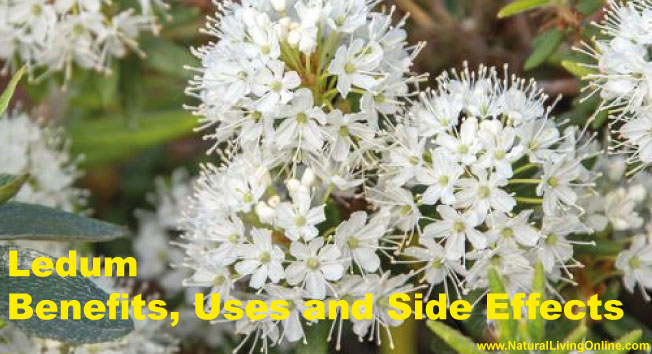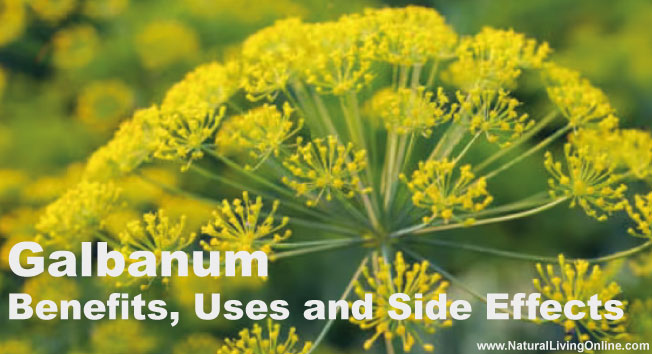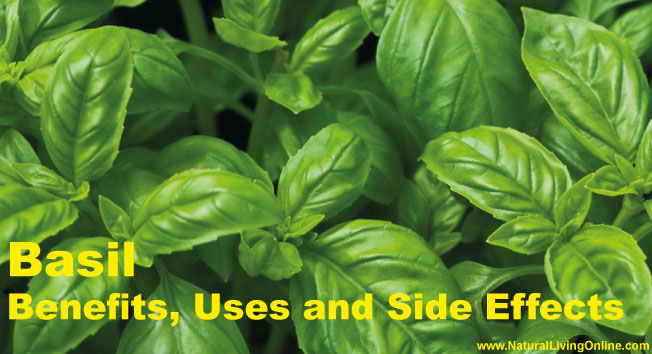Ylang ylang (Cananga odorata) is a tropical tree that grows up to 15 meters tall. The flowers are yellow and fragrant, and the oil is extracted from the flowers. Ylang ylang essential oil has a sweet, floral scent and is used in perfumes, soaps and cosmetics. It is also used in aromatherapy to help reduce stress and anxiety.
What is Ylang Ylang?
Ylang ylang (Cananga odorata) is a tropical tree that grows up to 15 meters tall. The flowers are yellow and fragrant, and the oil is extracted from the flowers. Ylang ylang essential oil has a sweet, floral scent and is used in perfumes, soaps and cosmetics. It is also used in aromatherapy to help reduce stress and anxiety.
Different types of Ylang Ylang:
There are three different types of ylang ylang essential oil:
1. Ylang ylang extra – This oil is extracted from the first stage of the flower’s bloom and has a light, sweet smell.
2. Ylang ylang complete – This oil is extracted from the second stage of the flower’s bloom and has a richer, more floral smell.
3. Ylang ylang premium – This oil is extracted from the third stage of the flower’s bloom and has a strong, sweet smell.
How Ylang Ylang Essential Oil is made?
Ylang ylang essential oil is made by steam distilling the flowers of the ylang ylang tree. The oil is then collected and bottled.
What is the botanical name of Ylang Ylang?
The botanical name of Ylang Ylang is Cananga odorata.
What is the chemical composition of Ylang Ylang Essential Oil?
The chemical composition of Ylang Ylang Essential Oil is:
linalool, geraniol, beta-caryophyllene, benzyl acetate, p-cresyl methyl ether, and other minor constituents.
What are Ylang Ylang Essential Oil benefits?
Ylang ylang essential oil has a number of benefits, including:
1. Reducing stress and anxiety
2. Boosting mood
3. Enhancing libido
4. Regulating menstruation
5. Reducing inflammation
6. Reducing high blood pressure
7. Soothing headaches and migraines
8. Promoting hair growth
9. Preventing dandruff
10. Reducing acne breakouts
11. Fading scars and stretch marks
12. Moisturizing skin
13. Lightening dark spots
14. Stimulating hair follicles
Ylang ylang essential oil is most commonly used to reduce stress and anxiety, enhance mood, and boost libido. It can also be used to regulate menstruation, reduce inflammation, and reduce high blood pressure. Ylang ylang essential oil is also effective in promoting hair growth, preventing dandruff, fading scars and stretch marks, and moisturizing skin.
What are ways to use Ylang Ylang Essential Oil?
Aromatherapy:
Ylang ylang essential oil can be used in aromatherapy to reduce stress and anxiety. It can also be used to enhance mood and boost libido.
Diffuser:
Add a few drops of ylang ylang essential oil to a diffuser to enjoy its sweet, floral scent.
Massage:
Add a few drops of ylang ylang essential oil to a carrier oil and use it for a massage. This can help to reduce stress and anxiety, as well as boost mood and libido.
Bath:
Add a few drops of ylang ylang essential oil to your bathtub for a relaxing, stress-relieving experience.
Compress:
Soak a clean cloth in water with a few drops of ylang ylang essential oil and apply it to the skin for a soothing compress.
How can I use Ylang Ylang Essential Oil internally?
Ylang ylang essential oil should not be taken internally.
Great Essential Oil diffuser blends for aromatherapy with Ylang Ylang Essential Oil:
1. Ylang ylang and lavender – This blend is perfect for relaxation and stress relief.
2. Ylang ylang and bergamot – This blend is uplifting and can help to improve mood.
3. Ylang ylang and lemon – This blend can help to boost energy levels and improve mood.
4. Ylang ylang and grapefruit – This blend is refreshing and can help to improve circulation.
5. Ylang ylang and peppermint – This blend is invigorating and can help to improve mental focus.
6. Ylang ylang and rosemary – This blend can help to improve memory and concentration.
7. Ylang ylang and sweet orange – This blend is cheerful and can help to improve mood.
How Ylang Ylang Essential Oil has been used historically as an alternative medicine?
Ylang ylang essential oil has been used historically as an alternative medicine for a variety of conditions, including:
1. Stress and anxiety
2. Depression
3. Insomnia
4. Headaches and migraines
5. High blood pressure
6. Menstrual cramps
7. Infertility
8. Acne
9. Scars and stretch marks
10. Skin moisturizing
11. Hair growth
12. Dandruff
13. Tick and mosquito repellent
14. Aromatherapy
What blends well with Ylang Ylang Essential Oil?
Ylang ylang essential oil blends well with a number of other essential oils, including:
1. Lavender
2. Bergamot
3. Lemon
4. Grapefruit
5. Peppermint
6. Rosemary
7. Sweet orange
8. Jasmine
9. Rose
10. Cinnamon
11. Clove
12. Nutmeg
13. Sandalwood
14. Vetiver
What does not blend well with Ylang Ylang Essential Oil?
Ylang ylang essential oil does not blend well with:
1. Basil
2. Bay leaf
3. Buchu
4. Camphor
5. Cedarwood
6. Feverfew
7. Hyssop
8. Marjoram
9. Myrrh
10. Oregano
11. Pepper
12. Pine
13. Thyme
What are Ylang Ylang Essential Oil side effects?
When used properly, ylang ylang essential oil is safe for most people. However, it can cause skin irritation in some people. If you experience skin irritation, discontinue use and consult a doctor. Ylang ylang essential oil should not be used by pregnant or breastfeeding women. It is also not recommended for people who are taking MAO inhibitors or have epilepsy. If you have any medical conditions, consult a doctor before using ylang ylang essential oil.
What does Ylang Ylang Essential Oil smell like?
Ylang ylang essential oil has a sweet, floral scent. It is often used in perfumes and cosmetics.
Can I make Ylang Ylang Essential Oil at home?
No, ylang ylang essential oil cannot be made at home. It must be extracted from the ylang ylang tree, which is native to Indonesia.
What is the shelf life of Ylang Ylang Essential Oil?
Ylang ylang essential oil has a shelf life of 2-3 years. Store it in a cool, dark place to extend its shelf life.
Is Ylang Ylang Essential Oil safe for kids?
Yes, ylang ylang essential oil is safe for kids when used properly. Do not use it on children under the age of 2 and always diluted it before use.
Can Ylang Ylang Essential Oil be used on pets?
Yes, ylang ylang essential oil can be used on pets. It is safe for dogs and cats when diluted and used properly. Do not use it on animals with epilepsy.
DIY recipes using Ylang Ylang Essential Oil:
1. Relaxing Body Oil: Mix together 1 cup of carrier oil, such as jojoba oil, with 10 drops of ylang ylang essential oil. Apply this mixture to your body after a bath or shower.
2. Mood-Boosting Diffuser Blend: Add 3 drops of ylang ylang essential oil, 3 drops of bergamot essential oil, and 3 drops of sweet orange essential oil to your diffuser.
3. Soothing Bath Salts: Mix together 1 cup of Epsom salts with 10 drops of ylang ylang essential oil. Add these to your bathtub for a relaxing experience.
4. Scalp- stimulating hair mask: In a bowl, mix together 1/4 cup of yogurt, 1 tablespoon of honey, 1 egg, and 5 drops of ylang ylang essential oil. Apply this mixture to your scalp and let it sit for 15 minutes before shampooing.
5. Sleep-inducing pillow spray: In a small spray bottle, mix together 1 cup of distilled water with 10 drops of ylang ylang essential oil. Spritz this on your pillow before going to bed.
Ylang ylang essential oil has a wide range of benefits, including reducing stress and anxiety, promoting hair growth, and repelling ticks and mosquitoes. It can be used in a variety of ways, including aromatherapy, diffusing, and applying topically. Ylang ylang essential oil has a shelf life of 2-3 years and should be stored in a cool, dark place. It is safe for most people, but pregnant women and those with medical conditions should consult a doctor before using it. You can also make a variety of DIY recipes using ylang ylang essential oil, such as a relaxing body oil or a mood-boosting diffuser blend.
This website does not provide medical advice.
All information provided on this website, and on associated social media networks, including but not limited to texts, images, and numbers are for general information purpose only. It is not intended as medical advice and it does not include all possible precautions, side effects, or interactions that may occur. Neither NaturalLivingOnline.com nor its author/founder take responsibility for how you use this information. Statements contained on NaturalLivingOnline.com have not been evaluated by the FDA. You should conduct thorough research via multiple sources and consult your physician or qualified doctor before using any essential oil or herbal remedy. Information on NaturalLivingOnline.com must not be relied upon for medical, legal, financial or other decisions.

